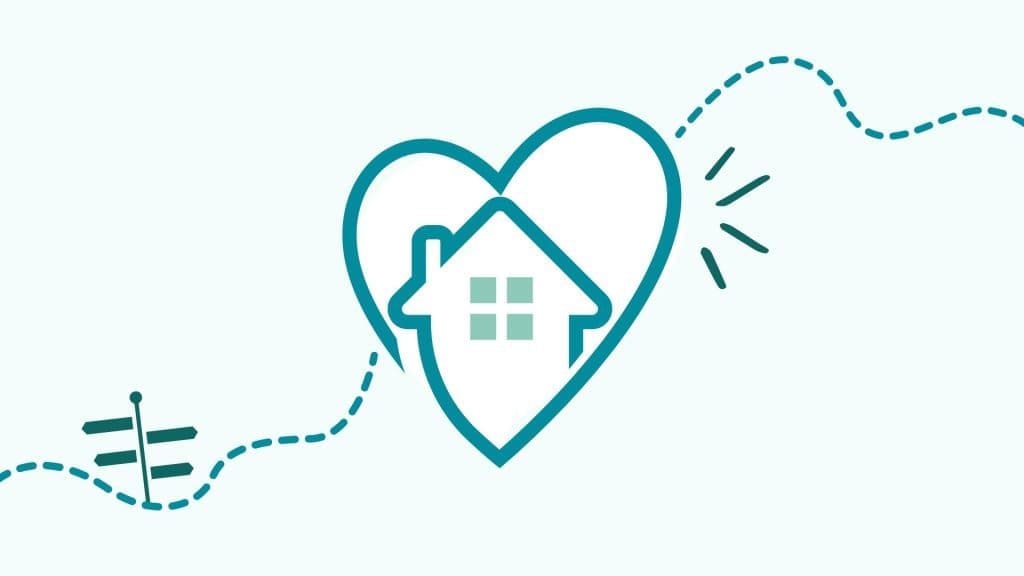Recognizing the Link In Between Home Care Providers, In Home Caregivers, and NDIS Support Coordinators
Recognizing the Link In Between Home Care Providers, In Home Caregivers, and NDIS Support Coordinators
Blog Article
The Expanding Need for In Home Treatment Givers: Reasons Families Select Specialist Care Over Traditional Facilities
The increasing preference for in-home caretakers over conventional facilities is a significant pattern reshaping the landscape of elder treatment. Families are drawn to the benefits of customized care that lines up with private demands and preferences, permitting senior citizens to preserve a sense of freedom in an acquainted setting. This change additionally highlights the psychological and monetary factors to consider that influence decision-making. As we explore the myriad variables contributing to this expanding demand, the ramifications for both caregivers and households become progressively obvious. What does this mean for the future of caregiving?
Customization of Care
Personalization of treatment in home caregiving is necessary for fulfilling the one-of-a-kind needs of each person (ndis plan manager). This method guarantees that care plans are customized to the specific demands of the individual, considering their case history, personal choices, and way of life. By concentrating on the person's one-of-a-kind conditions, caregivers can foster a feeling of self-respect and autonomy, which is often lacking in more institutionalized settings

Home caregiving permits for continuous observation and modification of care techniques, making sure that adjustments in wellness condition or personal preferences are without delay attended to. Eventually, customized care in home settings dramatically contributes to the overall well-being of customers, making it a crucial part of modern caregiving practices.
Convenience of Home Environment
The convenience of a home atmosphere plays an essential role in the efficiency of home caregiving. Several people, specifically seniors, experience enhanced anxiety and anxiousness when positioned in unfamiliar setups such as traditional care centers.
In addition, the home atmosphere permits a tailored approach to caregiving, accommodating individual choices and routines. Households can produce an ambience that shows their liked one's way of life, ensuring that care is supplied in a manner that really feels natural and comfortable. This personalized setup urges far better interaction and communication between caretakers and customers, fostering trust and rapport necessary for efficient treatment.
Additionally, the convenience of home can help with social connections, as member of the family and pals can go to more easily, supplying essential emotional assistance. home care providers australia. On the whole, the home setting not only aids to keep dignity and freedom yet additionally adds to a higher high quality of treatment, making it a favored selection for households looking for professional caregiving options

Improved Freedom for Elders
Home caregiving not only supplies comfort however likewise advertises improved self-reliance for seniors. Unlike traditional centers, in-home care permits senior citizens to keep their daily routines and involve in familiar activities within their very own setting. This autonomy is critical for their emotional wellness and general lifestyle.

Moreover, in-home caregivers can adjust their services to cater particularly to the distinct requirements of each elderly, promoting a better feeling of control. This versatility makes sure that seniors can appreciate their leisure activities, fraternize family and buddies, and continue to be energetic in their communities, better improving their feeling of freedom.
Inevitably, at home caregiving not only addresses the physical needs of elders however additionally empowers them to lead satisfying lives, making it a progressively preferred option for family members seeking the most effective care options for their enjoyed ones.
Cost-Effectiveness of In-Home Treatment
At home treatment provides an economical alternative to conventional nursing facilities, enabling households to provide high quality support for their enjoyed ones without sustaining inflated costs. The expenditures associated with assisted living facility can be overwhelming, typically exceeding $100,000 each year, which can drain pipes economic resources swiftly. In comparison, in-home care services commonly bill on a per-visit or hourly basis, enabling family members to tailor care strategies according to their budget and certain requirements.
In addition, at home care removes extra prices connected with center living, such as space, board and transportation, and numerous administrative fees. Families can select to involve caregivers just when needed, possibly decreasing total expenditures. A significant benefit of at home care is the capacity to keep individual regimens, which can add to better psychological well-being and lower the need for pricey clinical interventions resulting from abrupt way of life modifications.
Insurance insurance coverage, including long-term treatment insurance coverage, frequently encompasses at home care services, better boosting economic availability (in home caregivers). On the whole, the cost-effectiveness of at home treatment not just alleviates the financial worry on families but likewise advertises a much more personalized strategy to care that aligns with individual preferences and requirements
Structure Stronger Family Members Links
Giving treatment in a familiar setting fosters deeper family members links, permitting enjoyed ones to proactively take part in the caregiving process. In-home treatment produces opportunities for families to engage meaningfully with their impaired or elderly relatives, promoting emotional bonds that can be hard to attain in institutional settings. The visibility of professional caretakers enables household participants to concentrate on their relational roles instead of being burdened by the physical demands of treatment.
Additionally, at home treatment enables households to preserve their treasured routines, which can reduce feelings of anxiety browse around this web-site and disorientation usually related to moving to care facilities. Shared dishes, familiar surroundings, and the convenience of home provide a feeling of stability that enhances wellness and promotes open interaction.
Families can collaborate with caregivers to establish personalized treatment strategies that mirror the specific preferences and demands of their enjoyed ones. This collective technique not only encourages the elderly yet also reinforces the family system, as members share duties and sustain each other through challenging times. Ultimately, at home care grows a nurturing environment where partnerships can flourish, improving the lifestyle for both caretakers and receivers.
Verdict
The enhancing preference for at home caregivers highlights a significant change in exactly how households approach senior care. Personalized care strategies, the convenience of familiar surroundings, enhanced independence for senior citizens, and cost-effectiveness collectively contribute to this trend. In addition, the participation of relative in the caregiving procedure cultivates more powerful connections and assistance networks. As these variables visit this page straighten, at home care becomes a compelling alternative to conventional facilities, eventually promoting the health and high quality of life for seniors.
Family members are attracted to the advantages of individualized care that aligns with specific requirements and choices, enabling senior citizens to preserve a sense of autonomy in an acquainted environment.At home treatment supplies a cost-efficient alternative to conventional nursing centers, allowing family members to supply quality assistance for their liked ones without sustaining outrageous expenses. In comparison, in-home care solutions usually bill on a per-visit or hourly basis, making it possible for family members to customize care plans according to their budget plan and details needs.
In-home treatment creates possibilities for households to involve meaningfully with their senior or disabled relatives, promoting emotional bonds that can be hard to attain in institutional settings.The raising preference for at home check out here caregivers highlights a substantial shift in just how families come close to elderly care.
Report this page